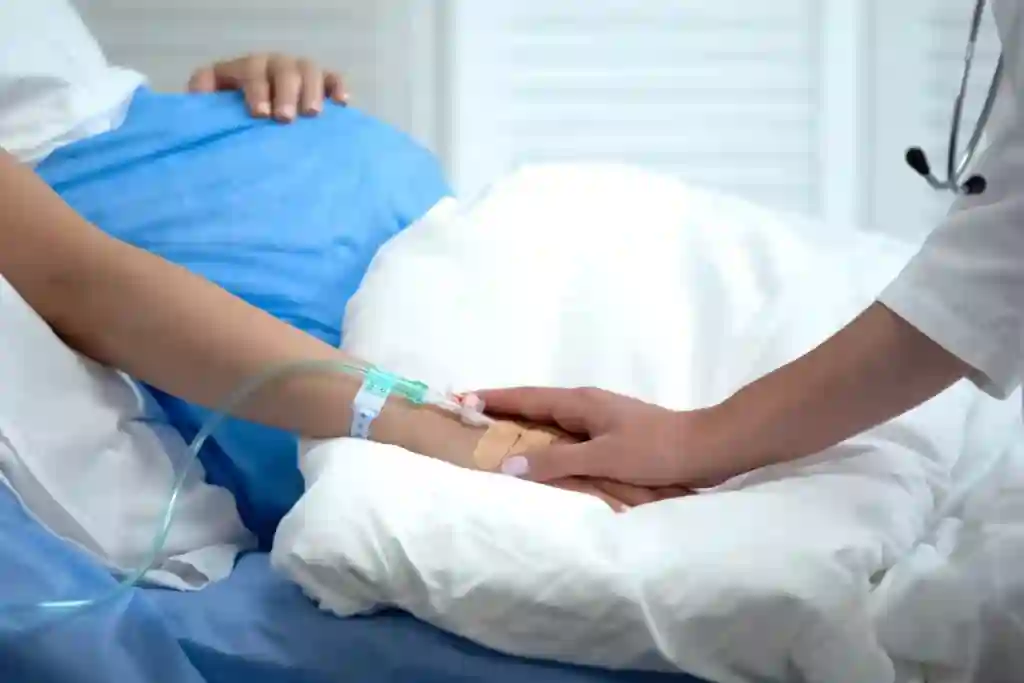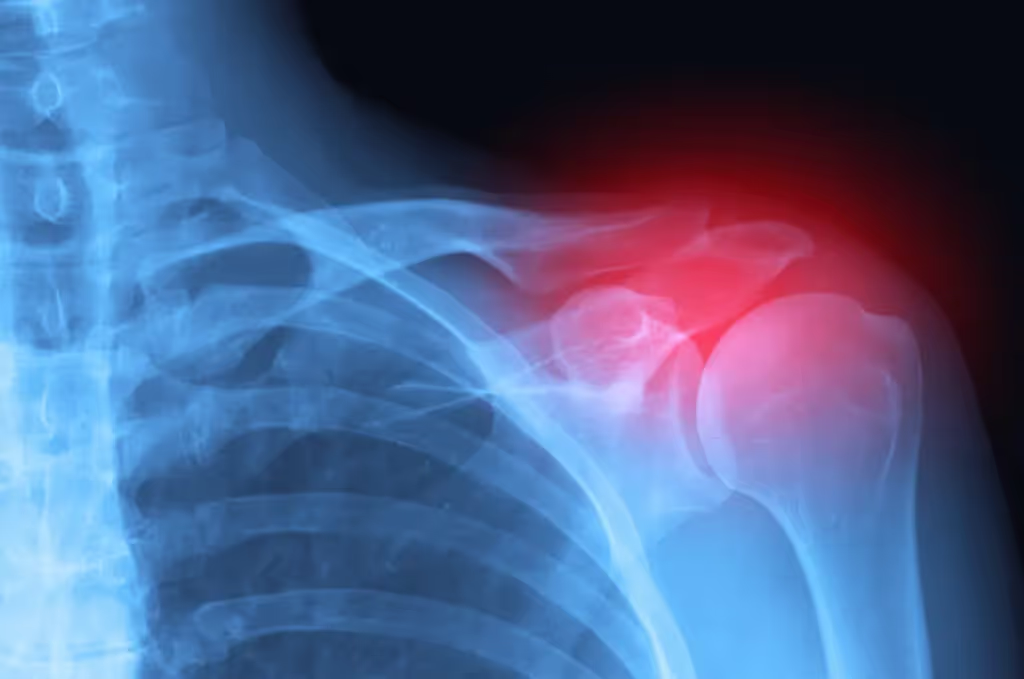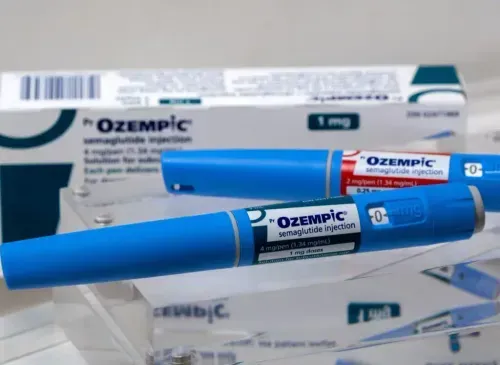New Regulations Target Lithium-Ion Battery Hazards in Electric Vehicles and Mobility Devices
Federal lawmakers in the United States are taking significant steps to enhance the safety of lithium-ion batteries used in electric vehicles (EVs) and other electric mobility devices, such as e-bikes and scooters. This move follows increasing concerns over the potential fire hazards associated with these batteries, which have been highlighted by recent incidents both domestically and internationally.
One such incident that brought this issue to the forefront occurred in South Korea, where an electric Mercedes-Benz caught fire. This event led the South Korean government to reconsider its policies regarding the safety of EV batteries. Similar safety concerns in the United States have spurred lawmakers to draft and pass legislation aimed at regulating lithium-ion batteries more strictly.
In May 2024, the U.S. House of Representatives passed the Setting Consumer Standards for Lithium-Ion Batteries Act (H.R. 1939). This legislation requires the Consumer Product Safety Commission (CPSC) to establish comprehensive safety standards for lithium-ion batteries and related equipment, including chargers, cables, and external battery packs. These standards are intended to mitigate the risks of fires, explosions, and other hazards that have been increasingly linked to these powerful energy sources.
Shortly after the House passed the bill, the Senate Commerce Committee approved a companion bill on August 1, 2024. This legislation mandates that the CPSC implement the necessary safety standards, focusing on several critical aspects of lithium-ion battery design, manufacturing, and testing. The goal is to ensure that these batteries are safer for consumers across the United States, reducing the likelihood of catastrophic incidents.
Gabe Knight, a safety policy analyst at Consumer Reports, emphasized the importance of this legislation. “We have seen fires, deaths, and injuries all across the country. Ultimately, it’s really important to get federal legislation to ensure that all Americans—whether they’re in New York, California, Florida, anywhere across the U.S.—are protected,” Knight said. His comments underscore the widespread nature of the problem and the need for uniform safety standards to prevent further tragedies.
The Impact of Lithium-Ion Battery Fires
Lithium-ion batteries have become a cornerstone of modern technology, powering everything from smartphones to electric vehicles. However, their high energy density, while beneficial for performance, also makes them susceptible to overheating, which can lead to fires and explosions. These incidents can be devastating, causing not only property damage but also serious injuries and fatalities.
The fires associated with lithium-ion batteries are particularly dangerous because they are difficult to extinguish. Unlike traditional fires, those involving lithium-ion batteries can reignite even after they appear to be out. This characteristic has raised concerns among safety experts and has highlighted the need for more stringent safety standards.
How Victims Are Harmed
People injured in incidents involving lithium-ion batteries often suffer severe consequences. Burns, respiratory issues from inhaling toxic fumes, and traumatic injuries from explosions are common. In some cases, these injuries can be life-threatening or result in permanent disability. The emotional and psychological toll of such incidents can also be significant, leading to long-term mental health issues like anxiety and post-traumatic stress disorder (PTSD).
Victims of these incidents may find themselves facing substantial medical bills, lost income due to an inability to work, and other financial burdens. The physical and emotional recovery process can be long and arduous, further complicating the lives of those affected.
Pursuing a Product Liability Lawsuit
Victims harmed by defective lithium-ion batteries may be able to file a product liability lawsuit seeking compensation for their injuries. Product liability law holds manufacturers, distributors, and retailers responsible for ensuring that the products they sell are safe for consumer use. If a product is found to be defective, whether due to design flaws, manufacturing errors, or inadequate warnings, those responsible may be held liable for the harm caused.
The lawsuit process typically begins with an investigation into the incident to determine the cause of the fire or explosion. This step is crucial, as it establishes the foundation for the case. Evidence such as the remains of the battery, eyewitness accounts, and expert testimony will be gathered to support the claim.
Once the investigation is complete, a complaint is filed in court, outlining the details of the case and the damages being sought. The defendant (usually the manufacturer or another party in the supply chain) will then respond to the complaint. If the case proceeds to trial, both sides will present their evidence, and a judge or jury will determine whether the defendant is liable and, if so, how much compensation the victim is entitled to.
The Importance of Legal Representation
Navigating a product liability lawsuit can be complex and challenging, particularly for those dealing with serious injuries and the aftermath of a traumatic event. Having an experienced attorney on your side is essential to ensuring that your rights are protected and that you receive the compensation you deserve.
An attorney will guide you through every step of the process, from the initial investigation to the final resolution of your case. They will work to gather the necessary evidence, negotiate with the defendant, and advocate for your best interests in court. With the right legal representation, you can focus on your recovery while your attorney handles the legal aspects of your case.
Potential Compensation
In a successful product liability lawsuit, victims may be entitled to various forms of compensation. These can include:
- Medical Expenses: Compensation for current and future medical bills related to the injury, including hospital stays, surgeries, medications, and rehabilitation.
- Lost Wages: Reimbursement for income lost due to the inability to work during recovery, as well as compensation for reduced earning capacity if the injury results in long-term disability.
- Pain and Suffering: Compensation for the physical pain and emotional distress caused by the injury.
- Property Damage: Reimbursement for property damaged or destroyed in the incident, such as vehicles or personal belongings.



































